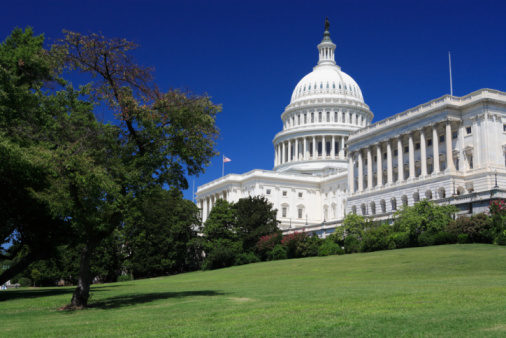Washington, D.C.—In defending against recent attempts to expand dietary supplement regulations, much talk has centered around the fact that sufficient regulations are in place, but regulators aren’t using their full authority under those laws to enforce them. Now, however, new legislation is on the table to help.
Senators Orrin Hatch (R-UT) and Tom Harkin (D-IA) has put forth the “Dietary Supplement Full Implementation and Enforcement Act of 2010,” which moves to give the U.S. Food and Drug Administration (FDA) an extra $20 million in funding to be used specifically for enforcing the Dietary Supplement Health and Education Act of 1994 (DSHEA). Also solving another major issue with respect to DSHEA’s new dietary ingredient (NDI) provisions, the bills would force FDA to create guidance on the existing, blurry NDI rules. Plus, FDA would be required to brief Congress about its inspections of dietary supplement manufacturing plants, how many NDI notifications it has reviewed and summarize any enforcement actions it has taken with regard to dietary supplements.
 Industry groups are in strong support of this document. The American Herbal Products Association has already said it will be “actively engaged” in the comment period for proposed NDI guidelines. In a prepared statement, Michael McGuffin, president of AHPA, noted “This bill will protect consumer access to dietary supplements by providing FDA with better resources to enforce the many regulations that govern this class of goods, and thanks Senators Hatch and Harkin for introducing this important piece of legislation,” said McGuffin, adding, “Building a collection of facts and figures related to FDA’s enforcement of DSHEA is key to setting the record straight when it comes to the regulation of this class of goods.”
Industry groups are in strong support of this document. The American Herbal Products Association has already said it will be “actively engaged” in the comment period for proposed NDI guidelines. In a prepared statement, Michael McGuffin, president of AHPA, noted “This bill will protect consumer access to dietary supplements by providing FDA with better resources to enforce the many regulations that govern this class of goods, and thanks Senators Hatch and Harkin for introducing this important piece of legislation,” said McGuffin, adding, “Building a collection of facts and figures related to FDA’s enforcement of DSHEA is key to setting the record straight when it comes to the regulation of this class of goods.”
The Natural Products Association (NPA) also endorses the bill. NPA’s executive director and CEO John Gay said, “The way to get the bad actors out of the industry is by putting more cops on the street, plain and simple.”
Published in WholeFoods Magazine, July 2010 (published ahead of print on May 27, 2010)










